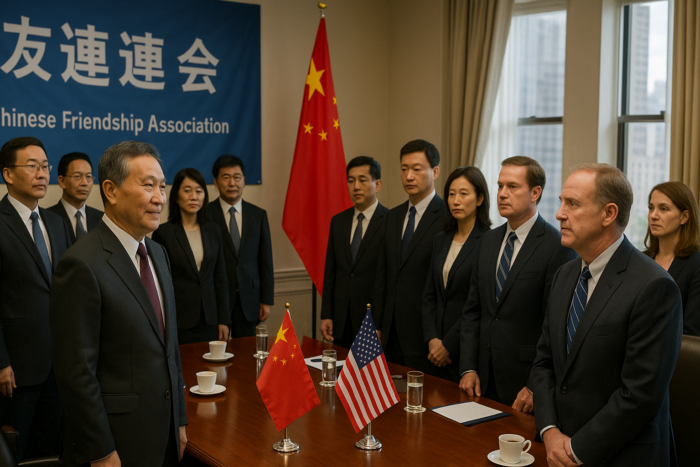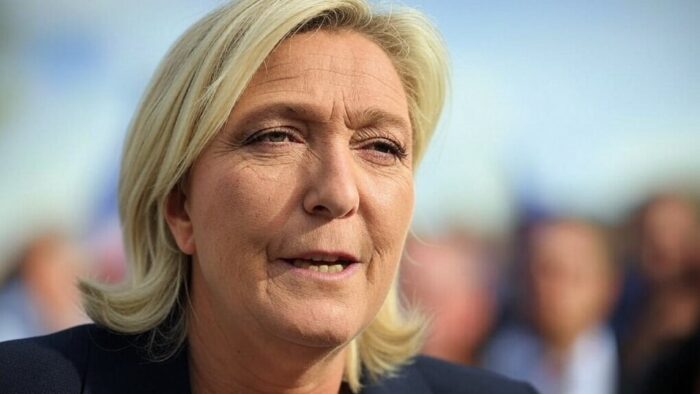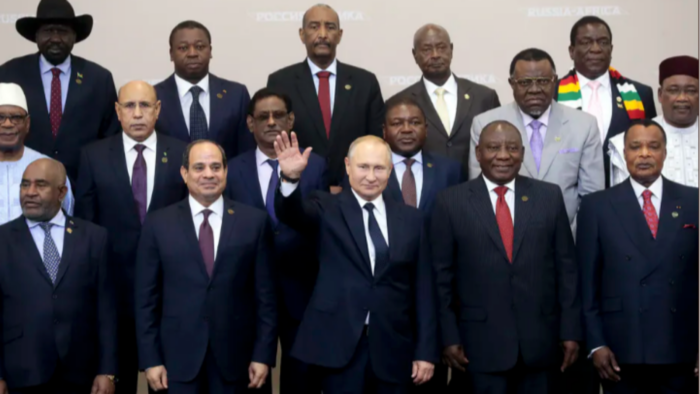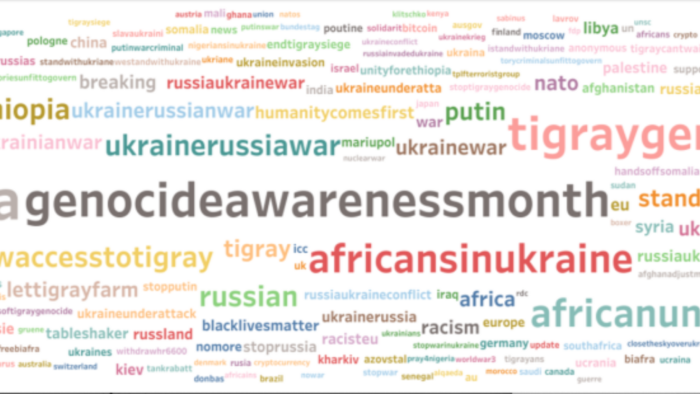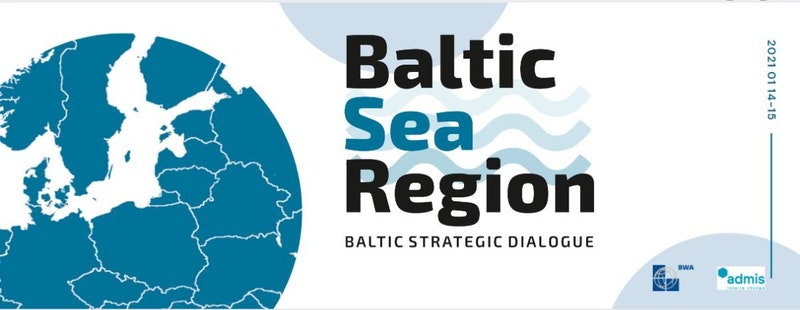In April, the Africa Center for Strategic Studies, a US think tank, reported that a pioneering Russian model of disinformation to gain political influence in Africa is now being replicated by other actors across the continent. According to a report by the Africa Center:
April 26, 2022 Disinformation is the intentional dissemination of false information with the intent of advancing a political objective. Africa has been the increasingly frequent target of such campaigns. In recent years, dozens of carefully designed campaigns have pumped millions of intentionally false and misleading posts into Africa’s online social spaces. The ensuing confusion in deciphering fact from fiction has had a corrosive effect on social trust, critical thinking, and citizens’ ability to engage in politics fairly—the lifeblood of a functioning democracy. Russia has been the leading purveyor of disinformation campaigns in Africa with at least 16 known operations on the continent. […] Russian disinformation campaigns are directed toward a political objective. These typically involve propping up an isolated African regime, which is then beholden to Moscow. […] In addition to promoting a favored regime and Russia’s role on the continent, the messages of these campaigns are antidemocratic, anti-West, and anti-UN. Russian success in reaching a large African audience online with little overhead has inspired disinformation campaigns by other foreign governments. Domestic actors have adopted similar tactics for political ends in a growing number of African countries. Of the more than 50 documented disinformation campaigns on the continent, roughly 60 percent are externally driven, though these figures are inherently imprecise.
Read the rest here.
The report notes that Yevgeny Prigozhin, a Russian oligarch who leads the infamous Wagner Group mercenary force, has exported disinformation campaigns to every African country where Wagner has operated. The Global Influence Operations Report has extensively covered Prigozhin’s activities in the West.
In April, we reported that Russian social media influence operations are succeeding outside Western information spaces where antipathy for the West is deep and sympathy for Russia real.
